National Pollinator Week: Celebrating and Raising Awareness
National Pollinator Week is an annual celebration taking place during the last full week in June, dedicated to raising awareness about the vital role of pollinators in our ecosystems and promoting their conservation. This event serves as a reminder of the profound impact these tiny creatures have on our daily lives and highlights the urgent need to protect and support them. Join us as we delve into the significance of National Pollinator Week, explore the remarkable contributions of pollinators, and discuss the actions we can take to ensure their survival.

The Importance of Pollinators
Pollinators, including bees, birds, bats, and other creatures, play a crucial role in our natural world. They facilitate the reproduction of flowering plants by transferring pollen. This process is essential for the production of fruits, vegetables, nuts, and seeds, contributing to biodiversity, food security, and a healthy ecosystem.
In addition to supporting agricultural systems, pollinators also sustain wild plant communities, which provide food and habitat for countless other organisms. They're an integral part of the intricate web of life, promoting biodiversity and maintaining the delicate balance of our ecosystems.
It's because of their importance to our planet that Pollinator Partnership initiated and manage National Pollinator Week. BeCause Tees are proud to donate to this nonprofit that works to promote the health of pollinators.
Threats to Pollinators
Unfortunately, pollinators face numerous threats that have led to population declines worldwide, including:
- Habitat loss due to urbanization, intensive agriculture, and deforestation has significantly reduced the availability of food and nesting sites for pollinators.
- Pesticide use has had devastating effects on the health of pollinators, impairing their ability to navigate, reproduce, and survive.
- Climate change alters flowering patterns and disrupting the synchronicity between pollinators and plants.
- Diseases and parasites, such as White-Nose Syndrome posing a threat to bats, also contribute to the decline of pollinator populations.
It's imperative that we address these threats and take immediate action to safeguard these invaluable creatures.

Conservation and Action
National Pollinator Week serves as a call to action, encouraging individuals, communities, and organizations to come together and make a positive difference. Here are some ways you can contribute to the conservation of pollinators:
1. Plant pollinator-friendly gardens
Create gardens with a variety of native plants that provide nectar, pollen, and shelter for pollinators throughout the year. We've got helpful tips for creating gardens that are bee-friendly, bat-friendly, and ideal for hummingbirds.
2. Avoid pesticide use
Pesticides can be harmful to pollinators and other beneficial insects, so avoid using them as much as possible.
3. Support local and sustainable agriculture
Choose organic and locally produced foods whenever possible. By supporting farmers who prioritize pollinator-friendly practices, you contribute to creating healthier environments for these vital creatures.
4. Help to raise awareness
Educate others about the importance of pollinators and the threats they face. An easy way to raise awareness of the plight of pollinators is via social media, perhaps by displaying some pollinator apparel to show off your support for these important creatures!
Read more about how to help pollinators and why you should.
National Pollinator Week is an opportunity for all of us to appreciate the immense contribution that pollinators make to our lives and to take action to protect them. By valuing and safeguarding these incredible creatures, we ensure the continued pollination of our crops, the preservation of biodiversity, and the well-being of our planet. Together, let's celebrate and raise awareness on National Pollinator Week.

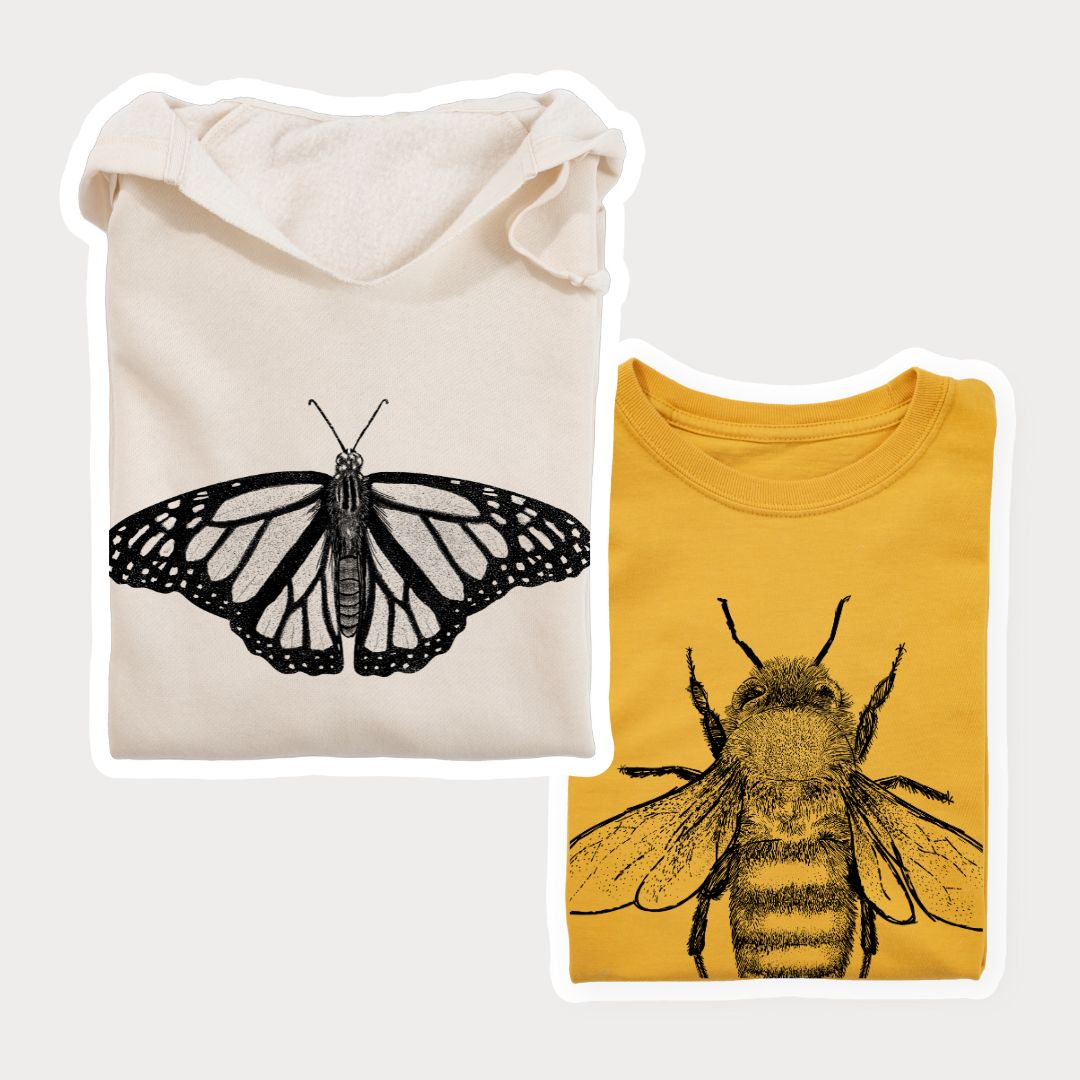

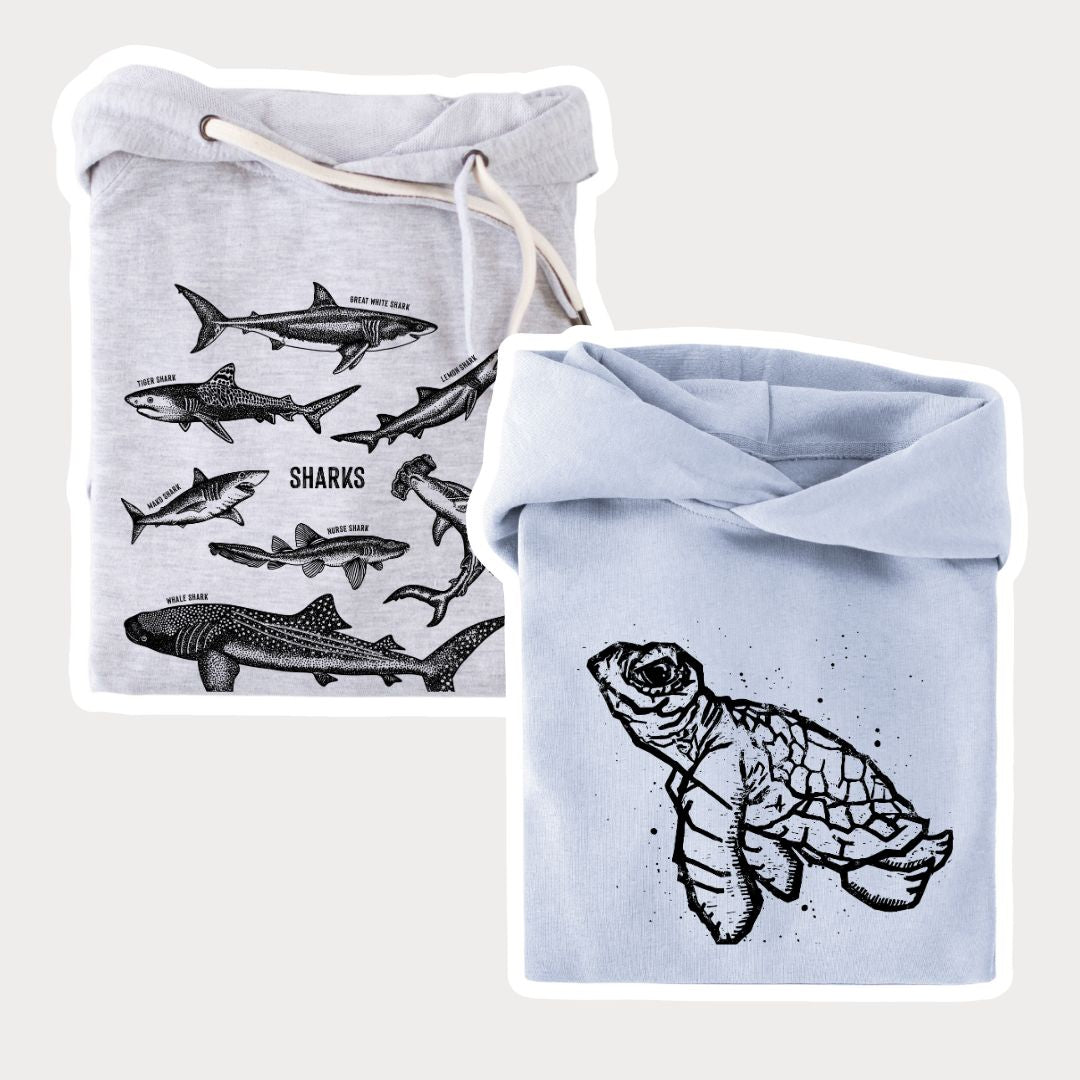
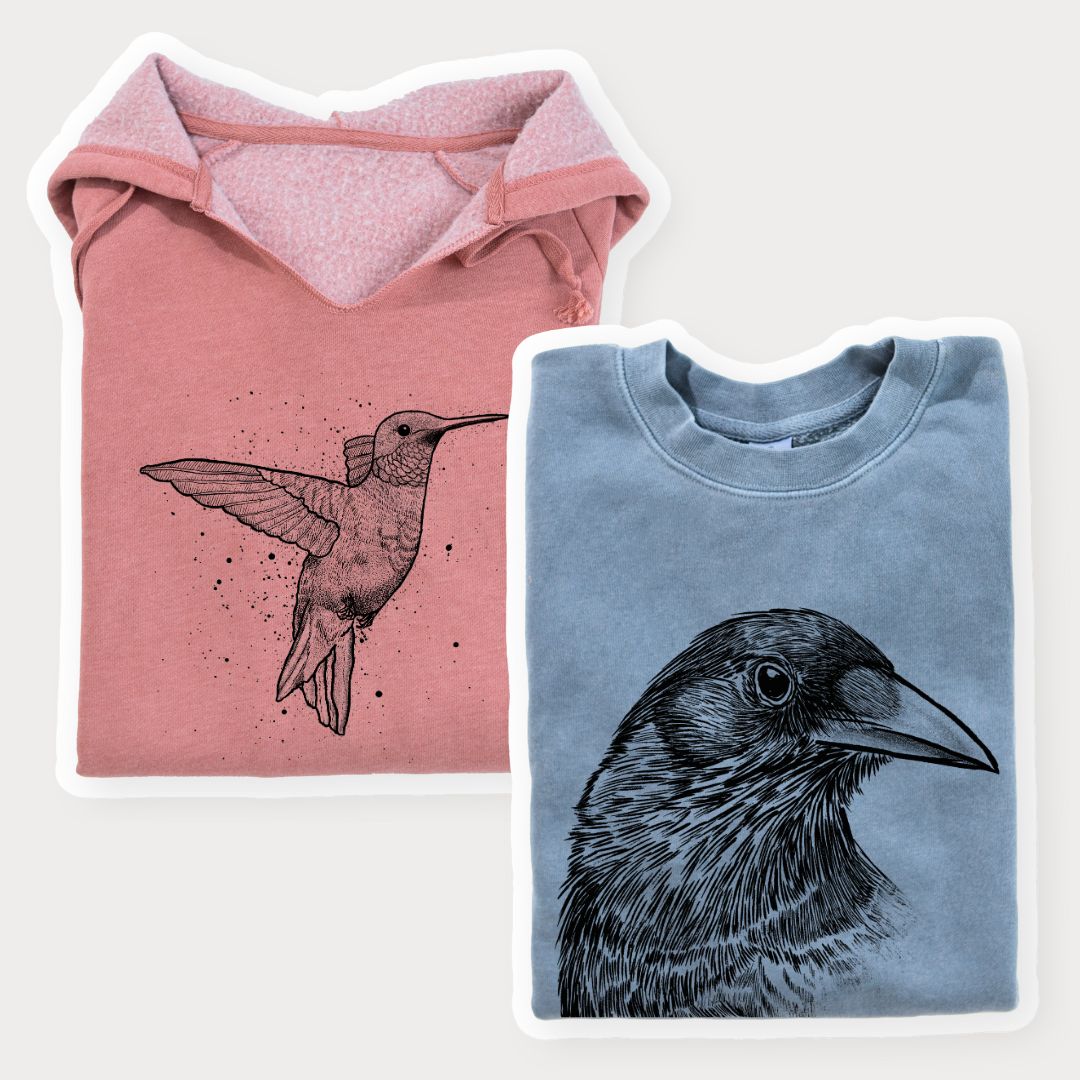
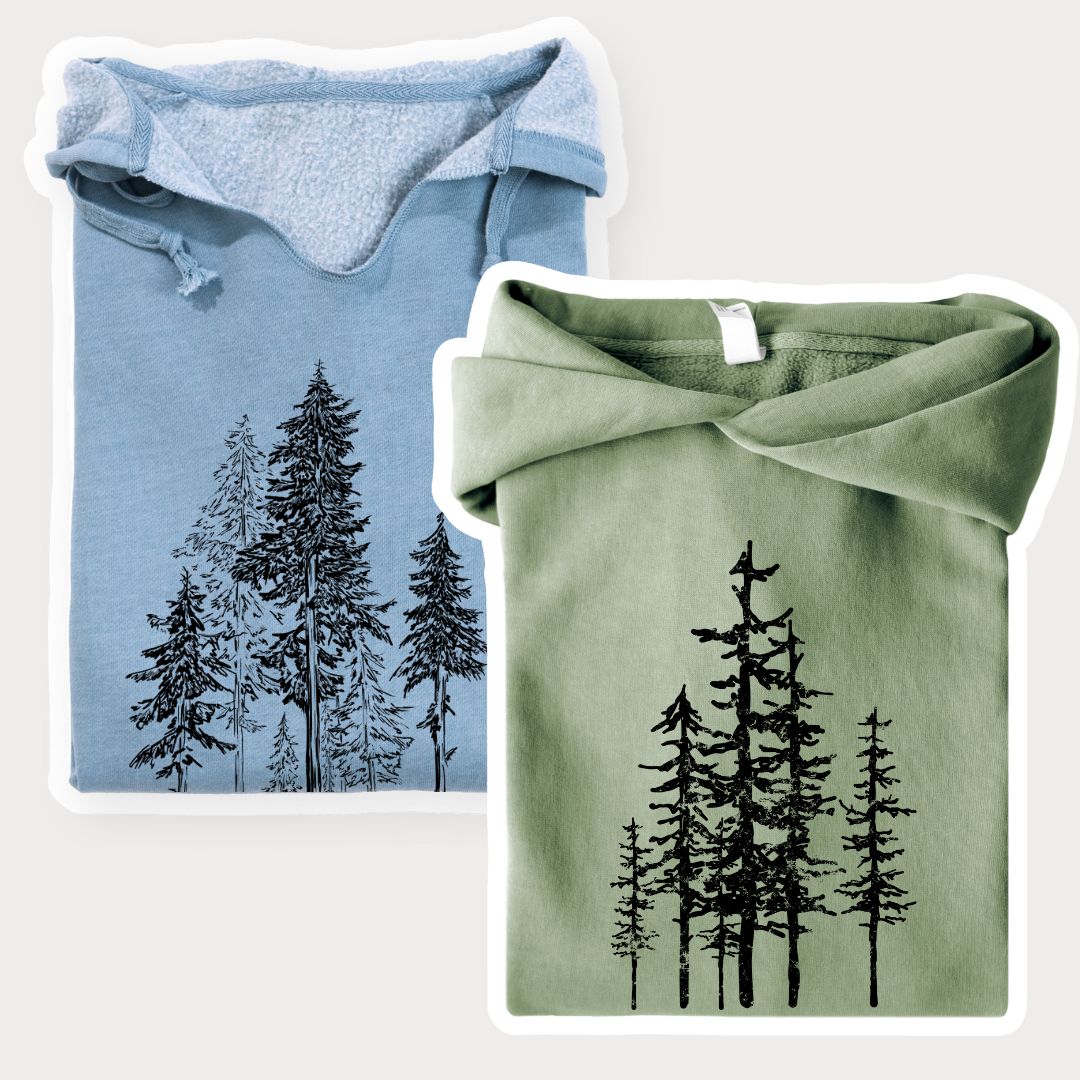



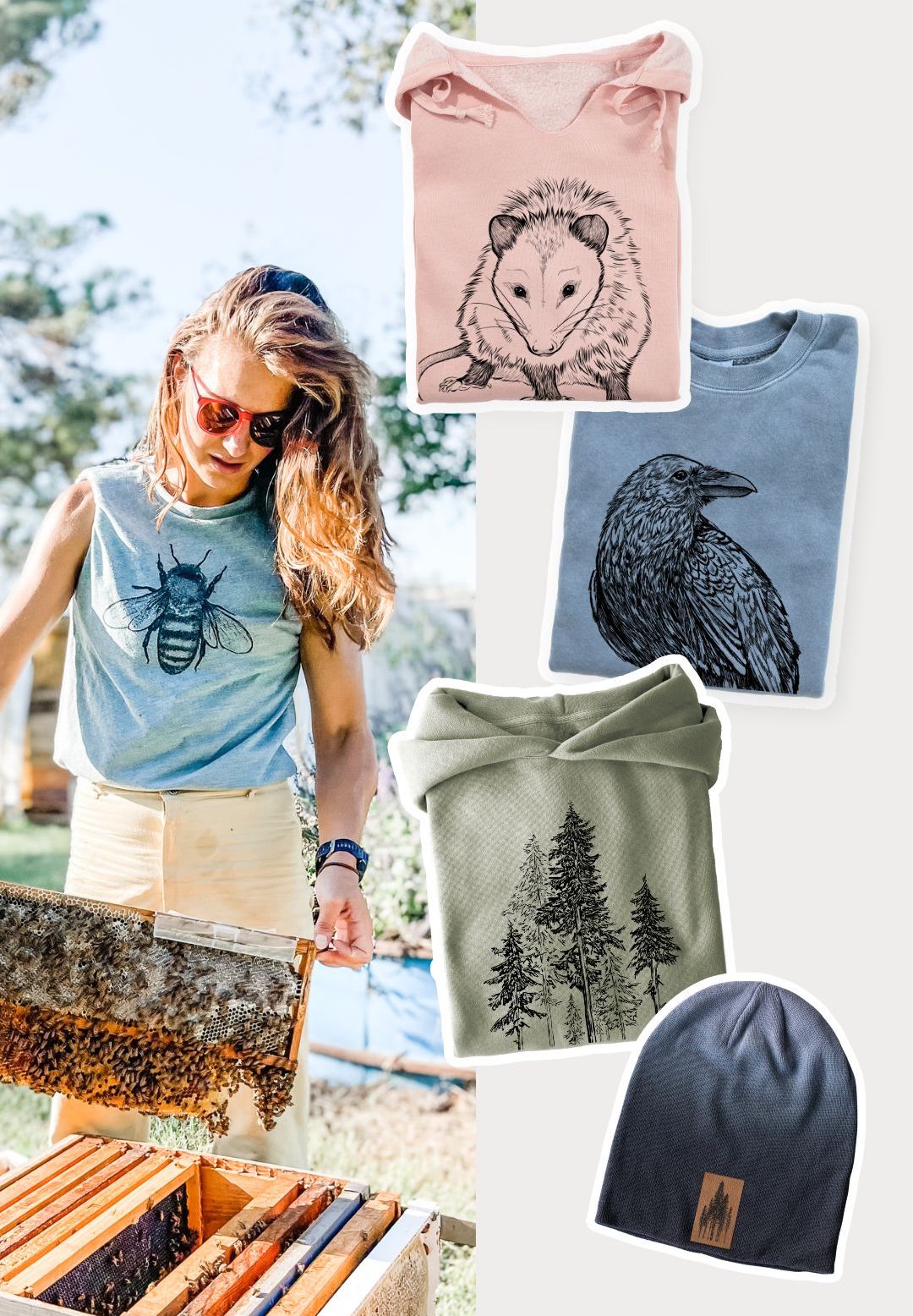

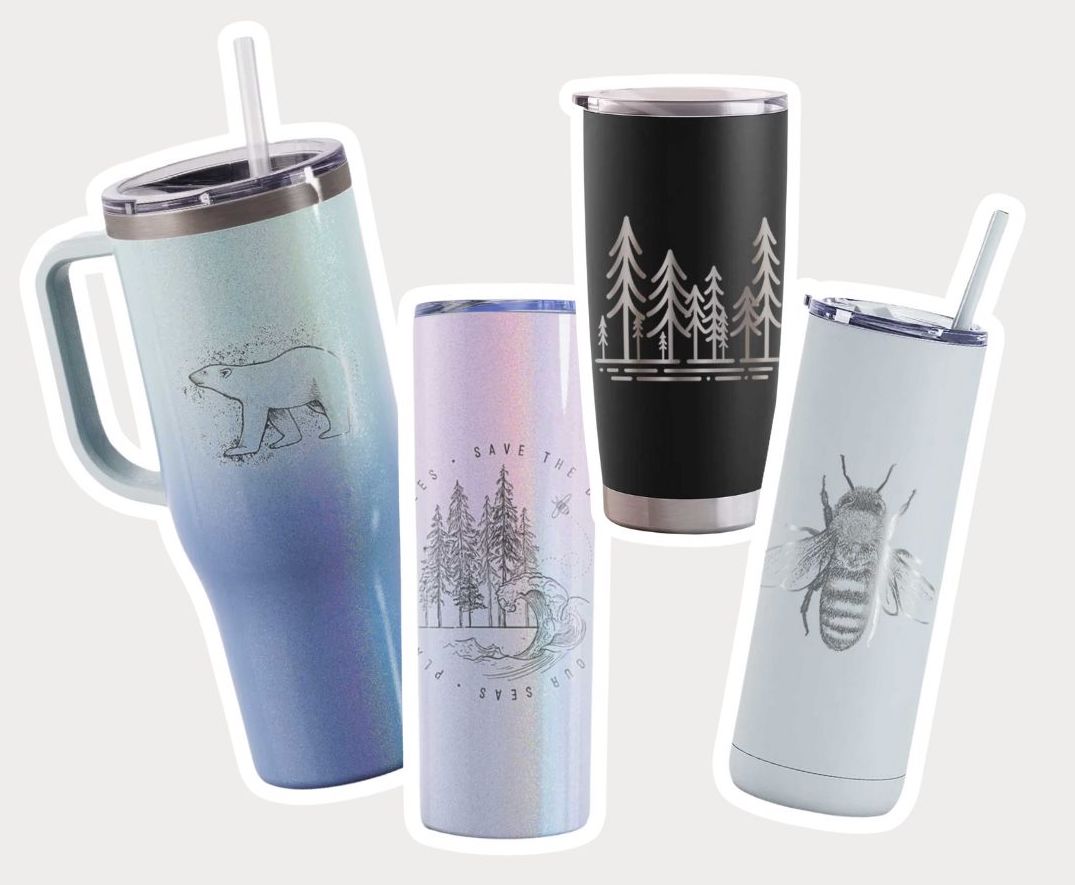

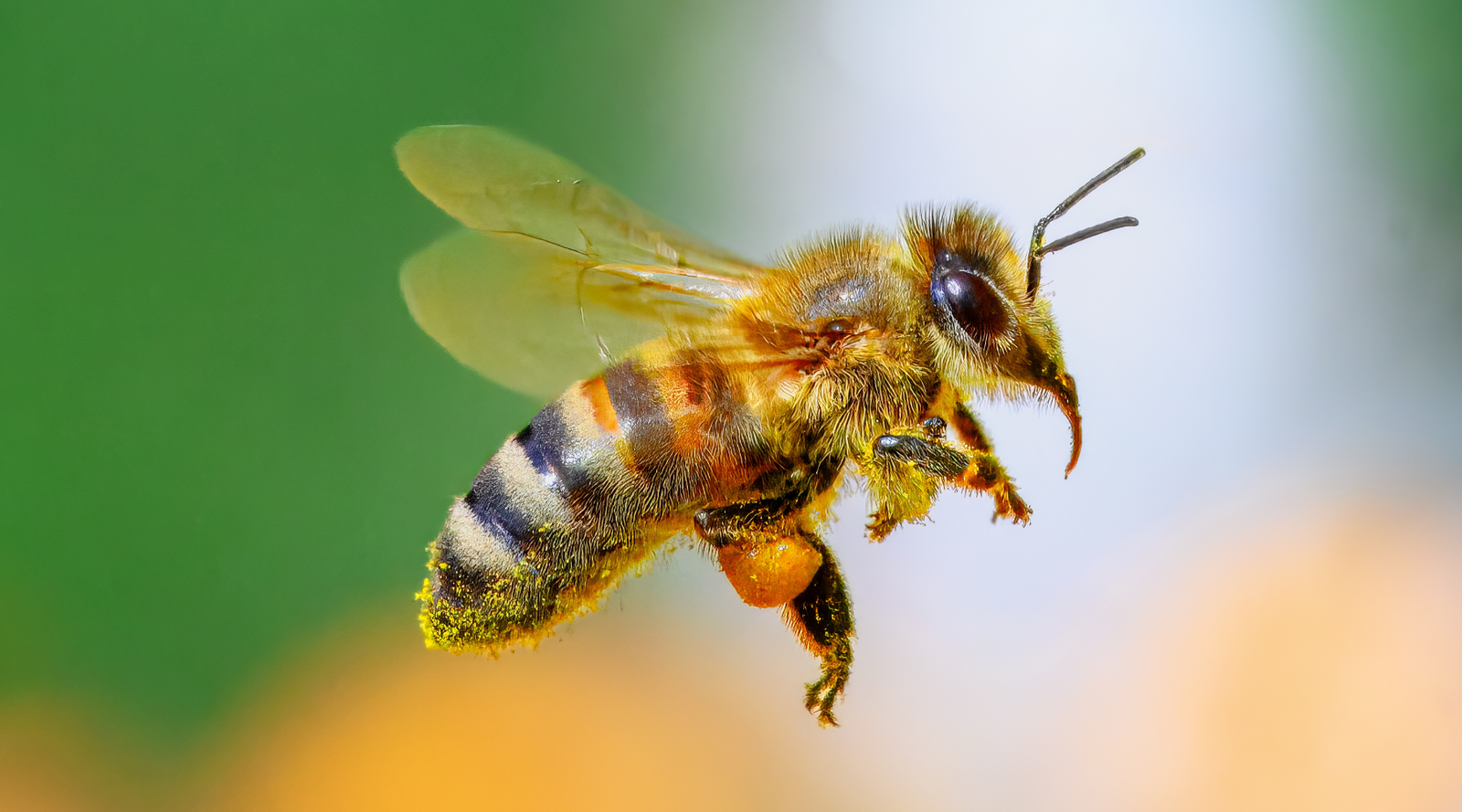
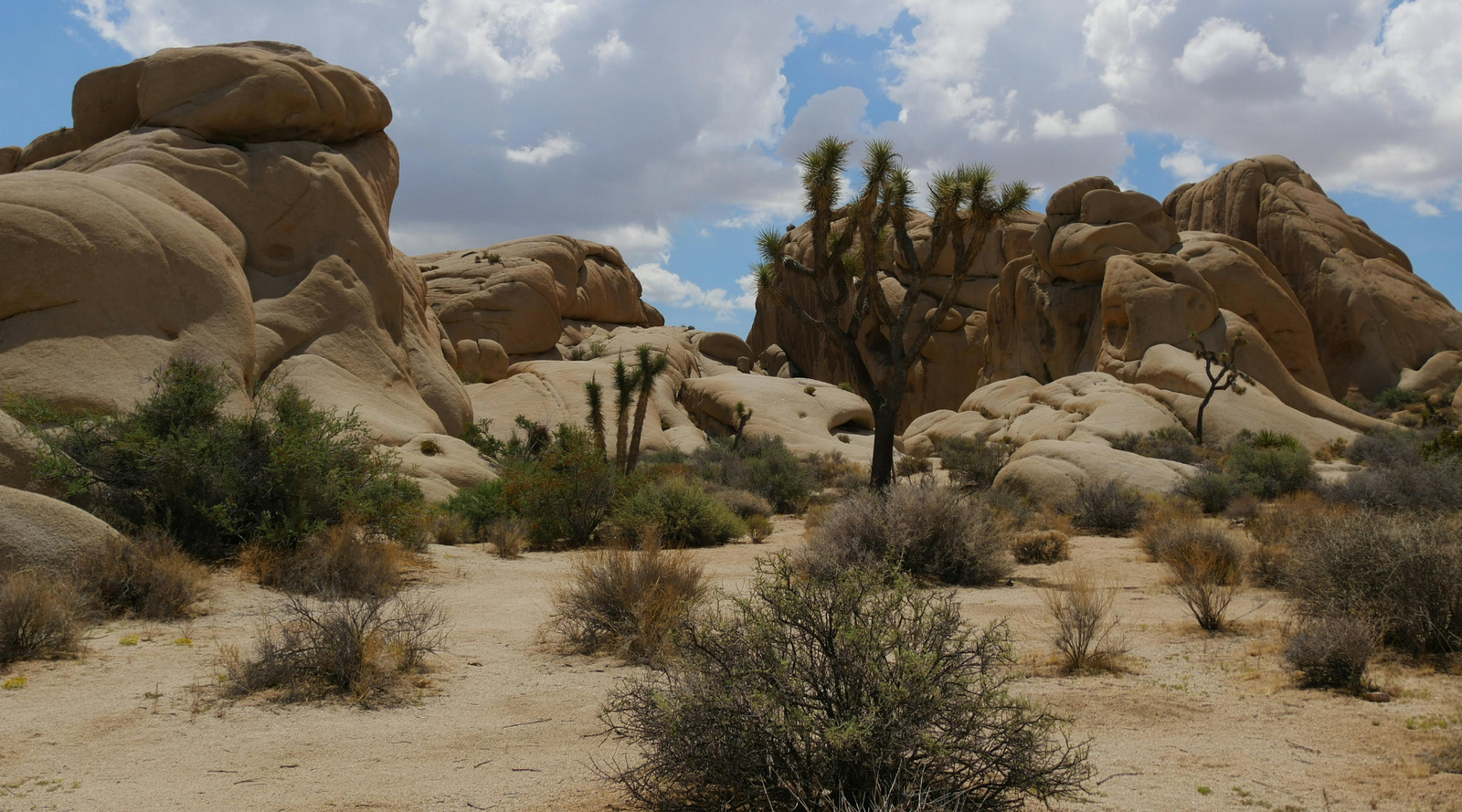
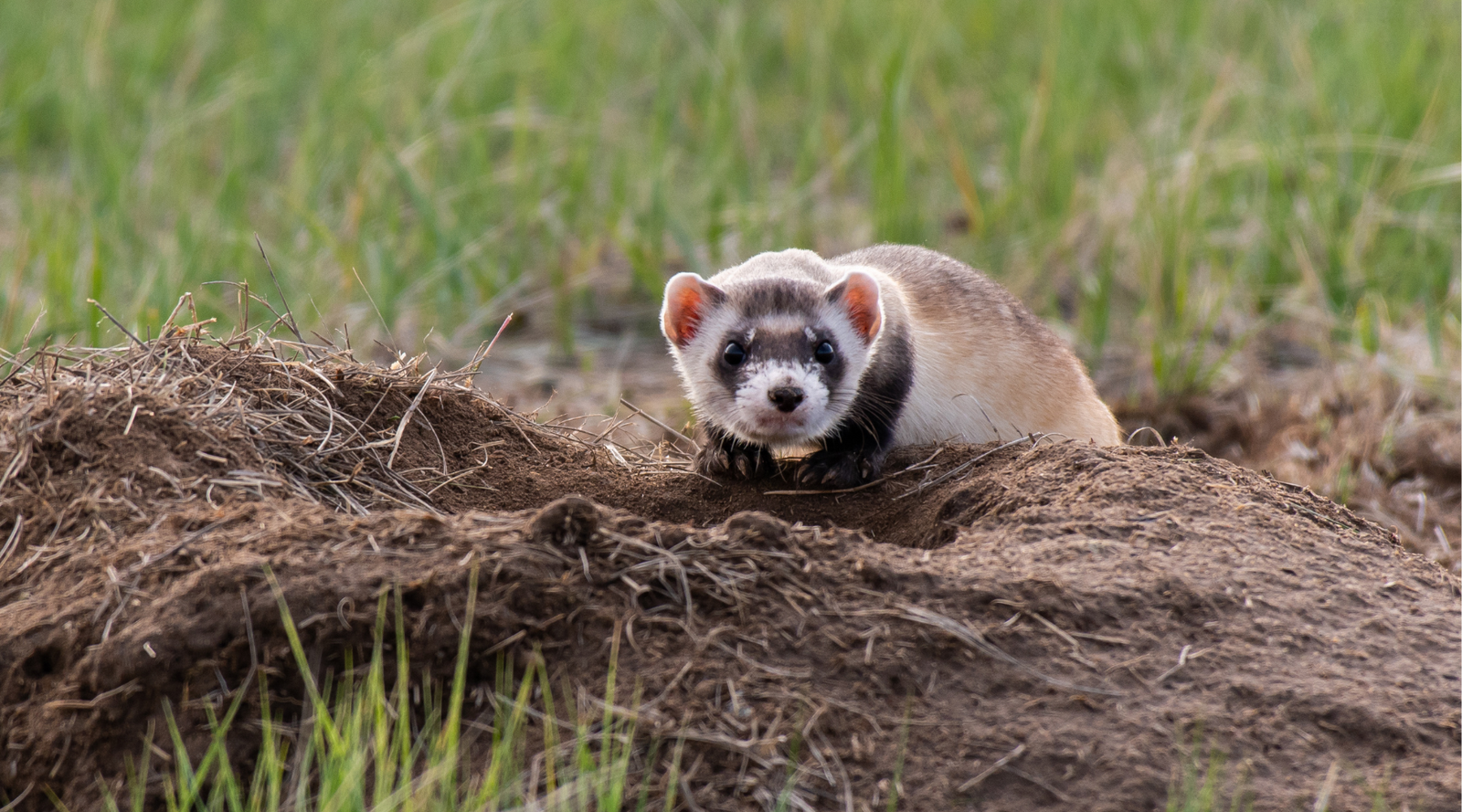
Leave a comment (all fields required)